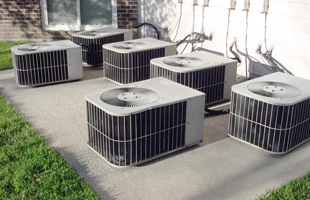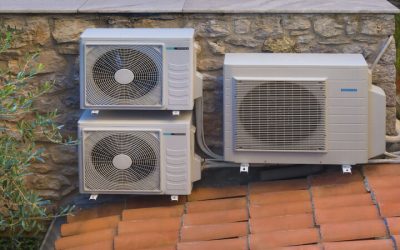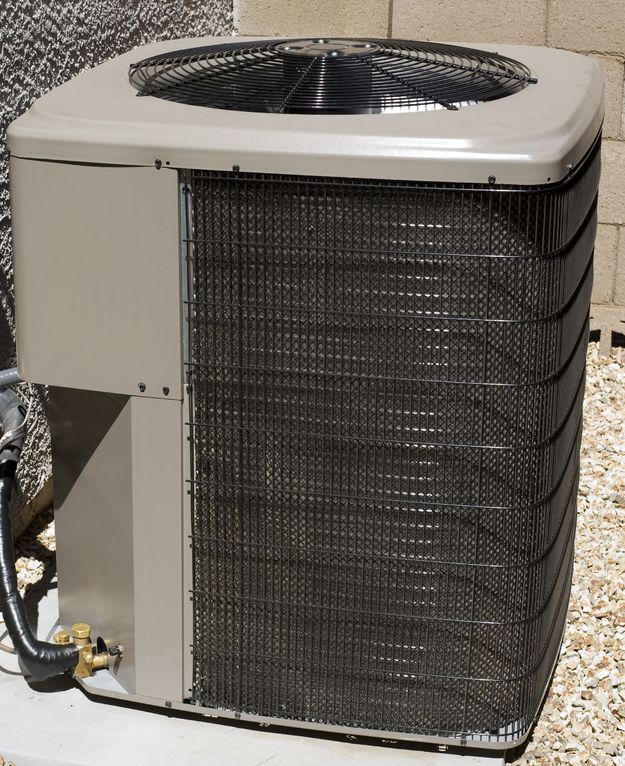While reading ancient texts such as the Bible, a person might begin to wonder whether people heated their homes similar to the way residents of the U.S. frontier did, utilizing wood stoves and fireplaces to ward off the cold temperatures. They become curious when they see references to furnaces, understanding that the furnaces certainly were not using fuels most common in today’s heating systems. Systems for home Heating in Longmont CO typically rely on natural gas or liquid propane gas, although some area residents choose wood stoves and wood-fired boilers because of the low cost of this fuel. They may accept the extra labor and inconvenience of wood heating and depend solely on that, but more frequently, the residents also have a gas furnace as backup.
In 18th Century America, people used their source of cooking as their source of heating. However, by the early 1800s, many of the nation’s residents used a cast iron stove for cooking. Various types of these appliances were invented in the 1700s. Before this, an open fire was used for both cooking and heating. Longmont was founded in 1871, but the earliest settlers likely used the open fire for some years before they could have cooking stoves installed. In Biblical times, far across the world in Israel and nearby locations, small homes may not have even included a fireplace and chimney. The cooking would have been done outside. During the winter, families would have huddled together under blankets for warmth.
Home Heating in Longmont CO in the 21st Century is substantially different than it was 100 years ago, when residents had no access to natural gas pipelines or propane delivery trucks. The idea that an entire home could be heated simply by turning a device to the desired temperature would have been mind-boggling. Who could imagine warm air coming through registers throughout the house, fueled by a substance brought up from far beneath the earth’s surface? It requires the installation of a natural gas or propane furnace in the basement or a utility room, through the work of technicians from a company like Poudre Valley Air.



